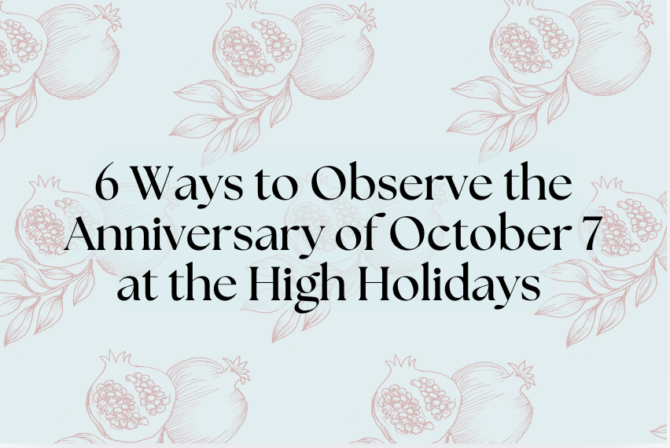Recently, a blogger on this site, referring to Debbie Friedman (or, to what would have been more accurate, to her body of work) gave three options including “I love her” and “I hate her.” I was distressed by the use of the word “hate,” especially because by the time I read the post, Debbie had died. And she had been a close friend.
“Hate” was a four-letter word in my house when I raised my kids. It was, well, hateful. I could imagine nothing in my children’s world to which it could be applied. Certainly there was no one to whom it could be applied.
When one of my sons was five, he came home from day camp and used the “s” word. I took him over to the kitchen sink and told him that it was a terrible word and I had to wash his mouth out with soap. I had no intention of actually doing it but my kids knew I meant what I said. (This is the one exception I can think of in many years of child-rearing when I didn’t.) He got hysterical- crying, apologizing and promising to never say it again. I put down the dish detergent. I don’t think he used that word for the next twenty years. It’s possible he still doesn’t. He certainly doesn’t in front of me. On the other hand, once my kids were out, I admit to using it all the time. Looking back, I do think I overreacted, but it sounded so horrifying coming out of a little kid’s mouth.
The whole four-letter word thing is difficult. I kind of agree with George Carlin and Lenny Bruce. What makes them “bad words?” Yet we generally refrain from using them in “polite company.” But we do still use them.
The “f” word is inescapable. You hear it on the subway, on the streets, in the office. It has lost its power to shock.
However, “hate” is still verboten, still a taboo in my house. It shouldn’t apply to much other than to genocide and Hitler. One can “dislike” something, even “dislike strongly” but- “hate”? What? Who? Why? The very word seems to make the world a darker place.
It is important to distinguish, and teach, right from wrong and good from bad. It is essential to describe and explain hateful practices and even people. But it is important that the word “hate” not lose its punch and that it retain the power to shock. To maintain that, it must be used rarely and judiciously.
To the “f” word, the “s” word and the five other words that can’t be said on television according to Carlin, add the “h” word.
Your kids will be better for it.







